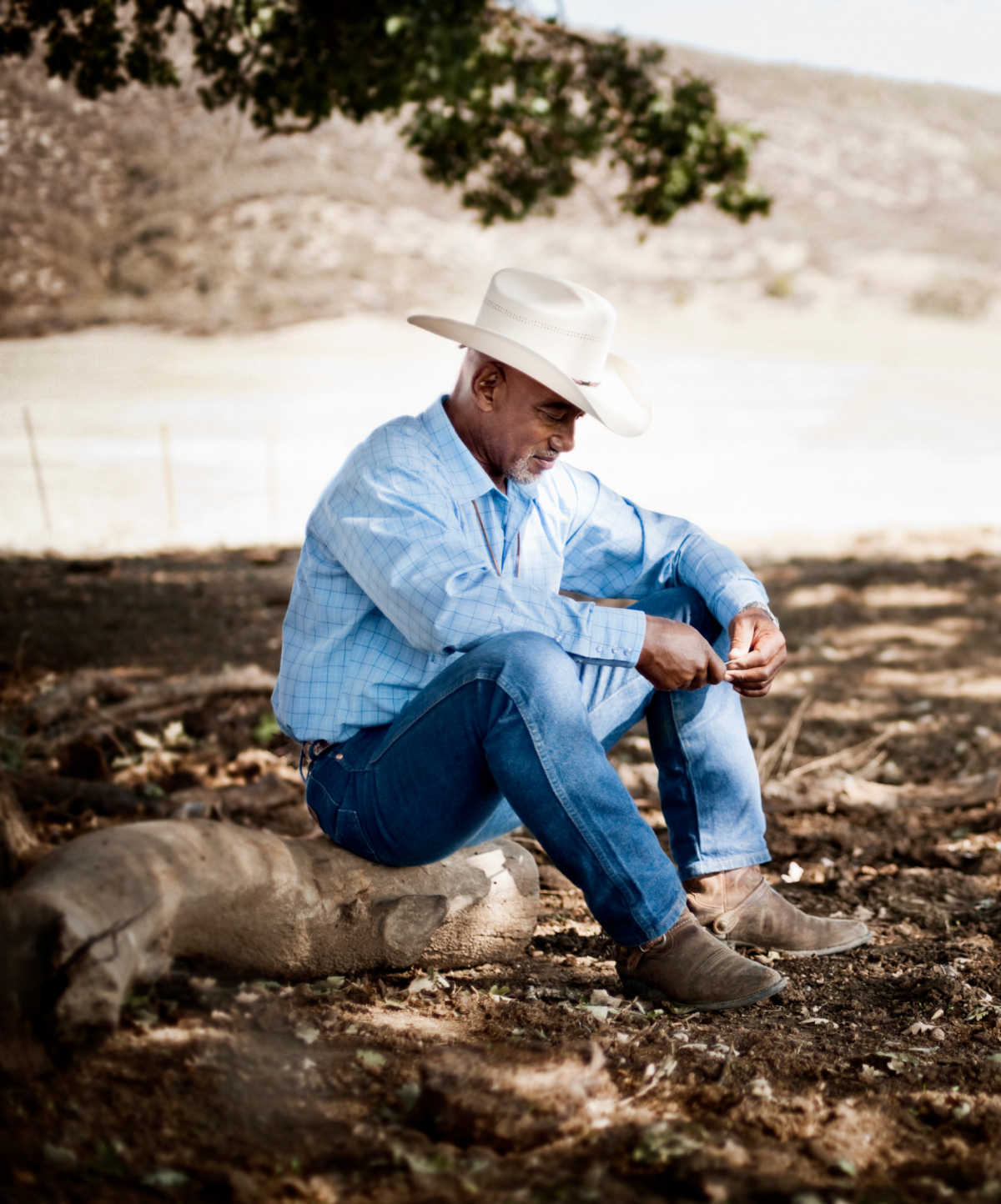Late Discovery Adoptee
I’ve just found out I’m adopted, what do I do now?
A Late Discovery Adoptee (LDA) is a person who learns later in life – often as an adult – that they are adopted. This revelation will come as a shock, as LDAs have grown up believing they were biologically related to their adoptive parents. It is a deeply personal and life-altering experience.
Common experiences of Late Discovery Adoptees:
Identity Crisis: Many LDAs struggle with feelings of confusion, betrayal, and a loss of identity after learning about their adoption. They may struggle with questions like Who am I really? and What else don’t I know about myself?
Betrayal and Trust Issues: Many LDAs feel blindsided, especially if they never suspected they were adopted. Learning that close family members kept such a big secret can create trust issues and strain relationships with adoptive family members, particularly if they concealed the truth for many years.
Emotional and Psychological Impact: Feelings of grief, anger, and even relief are common, as LDAs process their new understanding of their origins. For some, the discovery explains lifelong feelings of disconnection, providing clarity about why they felt different from their family.
Grief and Loss: There can be a deep sense of mourning for the life they thought they had and for the lost opportunity to know their biological family earlier.
Search for Biological Family: Some LDAs feel a strong desire to search for their birth parents and uncover their medical history, cultural background, and personal history.
Legal and Practical Challenges: Depending on the country or state, accessing original birth records and adoption documents can be difficult.

How to get information about your adoption:
In Australia, adoptees can access their adoption records through state and territory government agencies, as adoption laws and record-keeping are managed at the state level.
For more details go to the How to apply for your Adoption Records page on our website.
Support:
The emotional impact of learning later in life that you are adopted is intense. There are Government funded post-adoption support services in each state of Australia to who can support you with counselling services and assistance in applying for your adoption information.
For more details go to the Support Services – Funded page on our website.
Peer Support:
Connecting with other late discovery adoptees who share similar journeys can provide invaluable support. Engaging with these groups can provide emotional support, practical advice, and a sense of community as you navigate your adoption journey. Each organisation offers unique services, so you might consider reaching out to multiple groups to find the best fit for your needs.
Forum for Late-Discovery Adoptees
Facebook Group – Private
Therapy and Counselling:
Finding the right therapist or counselor as a Late Discovery Adoptee (LDA) is crucial for navigating the emotional impact of discovering your adoption later in life. Here are some key factors to consider when choosing a professional:
Adoption & Identity Trauma Experience
Look for: A therapist who understands adoption-related trauma, identity issues, and family dynamics.
Why? LDAs often experience grief, loss, betrayal, identity confusion, and feelings of rejection.
Questions to Ask:
- Have you worked with late discovery adoptees before?
- What is your experience with adoption trauma and family separation?
- Do you understand the impact of secrecy and sudden identity shifts?
Trauma-Informed & Attachment-Focused Therapy
Look for: A therapist trained in trauma-informed approaches and attachment theory.
Why? LDAs may struggle with trust, emotional regulation, and relationships due to disrupted attachment.
Some therapy types that you may find helpful:
- EMDR (Eye Movement Desensitization and Reprocessing): Helps process trauma and emotional triggers.
- Internal Family Systems (IFS): Useful for addressing complex emotions related to family and identity.
- Attachment-Based Therapy: Supports healing from disrupted familial bonds.
- Narrative Therapy: Helps adoptees rewrite their personal story.
Understanding of Grief & Loss
Look for: A therapist who recognizes that adoption involves loss, grief, and ambiguous identity.
Why? Many LDAs experience a loss of self, even if they had loving adoptive parents.
Signs of a Good Therapist:
- Acknowledges the layers of grief adoptees face.
- Doesn’t minimize the impact by saying things like “but your adoptive family loved you” or “focus on the present.”
- Supports processing emotions at your own pace.
Support for Search & Reunion
Look for: A therapist who supports but does not pressure you in the search for your birth/natural family.
Why? Searching for birth relatives can bring hope, disappointment, and complex emotions.
Questions to Ask:
- Have you helped adoptees navigate birth family reunions?
- What support do you provide for managing expectations and possible rejection?
If you’re not ready to search, a good therapist will respect that and focus on identity processing first.
Validation & Non-Judgmental Support
Look for: Someone who validates your emotions without dismissing your experience.
Why? Many LDAs face gaslighting or invalidation when they express anger, sadness, or confusion.
Red Flags:
🚩 “You should just be grateful.”
🚩 “Your adoptive parents did the best they could.”
🚩 “It doesn’t change who you are.”
🚩 “Why are you making this a big deal?”
You deserve a therapist who acknowledges that your feelings are real and valid.
As an LDA, therapy should be empowering, validating, and trauma-informed. If a therapist minimizes your experience, pushes toxic positivity, or lacks adoption knowledge, it’s okay to find someone else.
Stories:
Adoptee Rights Australia’s own President, Peter Moore, is a Late Discovery Adoptee learning that he is adopted via a DNA test at the age of 59. You can learn more of his story here:
https://www.jigsawqueensland.com/podcast/episode/5cf946d5/peter-capomolla-moore
ARA Member, Margaret Watson, discovered she is an adopted person at age 40. Her book, Surviving Secrets, tells her story.
https://www.survivingsecrets.com/
